It was her freshman year when biomedical sciences senior Claudia Garrett heard Mark Vassar, a finance senior and president of Texas A&M’s National Marrow Donor Program chapter, deliver a compelling speech on the importance of stem cell donations.
Previously, she had donated after her brother, AJ, needed stem cells in his battle against leukemia.
“I remember I found out I was going to be my brother’s stem cell donor,” Garrett said. “And it was such a meaningful moment.”
Though initially uninterested in joining the university’s marrow donor chapter, or NMDP, she had an “aha” moment in 2022 while reflecting on AJ’s birthday and his battle with cancer. The student organization serves as a national stem cell registry and connects patients who have blood cancers, such as leukemia, to potential donors, playing a critical role for those in need of stem cell or bone marrow transplants.
“My brother did unfortunately pass, and in August, I was remembering him,” Garrett said. “And I reminisced on what I did for him, and this organization on campus could help other people like him.”
She now serves as NMDP’s secretary and advocacy co-chair alongside public health senior Jillian Anderson, who is also the director of public relations. Together, they promote the organization and the good it has done for thousands of Americans across the nation.
“When we talk about NMDP, you are looking at how anyone can make a positive difference in a patient’s life,” Anderson said. “As someone who battled personal health problems, I wish when I was younger people cared that much, and NMDP allows that.”
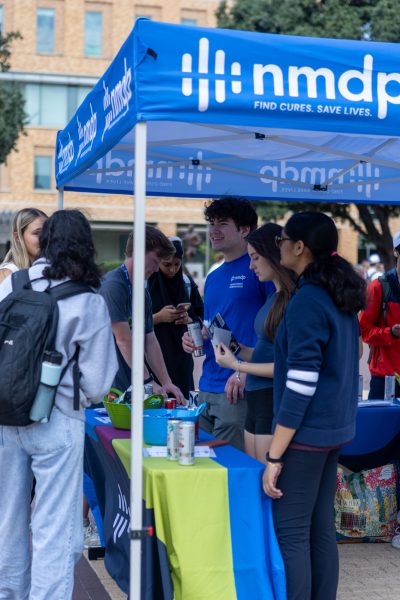
The organization’s main goal is to promote recruitment and for administrators, professors and students to understand the good that comes from stem cell donations.
“Tissue types are inherited, and patients are more than likely to match with someone with the same ethnic background.”
Anderson said she helps manage the group’s social media accounts, one of the outlets where NMDP advocates for various goals — like an update to Student Rule 7. The university policy sets class attendance standards.
If a donor matches with a patient, they sometimes receive a time-sensitive phone call that might require travel. But students often find it challenging because university policies don’t count stem cell donations as excused absences.
“The problem with that is that every second you delay a donation, that’s another second the patient is without an immune system,” Anderson said. “And that’s a life or death situation.”
Professors sometimes don’t understand the donations’ importance, Anderson said, a major reason NMDP is advocating for the change. Through this and means like covering travel expenses, the group hopes to provide opportunities for students like Vassar, who has donated twice to the registry, to continue the lifesaving gift without having to worry about attendance or grades.
“Jill and her team have been amazing when it comes to changing the Student Rule 7,” Vassar said. “There are conversations with higher-ups happening daily for this change.”
A year after Vassar joined the registry in high school, he received a call and learned that he had matched with a patient. He eventually became a primary donor for one person, donating in 2022, before getting involved with NMDP on campus. At the time, the group had three members.
“At the biggest university in the country, we could not have such small numbers trying to save lives,” Vassar said. “For the past two years, I got committed to growing the organization, and now we have about 25 people in the org.”
They spread the word through the MSC Open House and other outreach methods, such as providing free Celsius drinks outside the Memorial Student Complex to encourage signups.
Once in, there are three steps to becoming a donor:
- Sign up and get swabbed to be added to the registry of potential donors.
- Wait to be matched with a potential stem cell recipient.
- Agree to becoming a primary donor and travel to the appropriate location.
Vassar said he got another call this semester informing him that he matched a second patient. He donated a few weeks ago during school, and although his professors encouraged the lifesaving opportunity, he still hopes to make it an excused absence.
“You’re literally saving someone’s life, and all you have to do is give up so little of your time,” Vassar said. “I want people to know that. I need people to know that.”




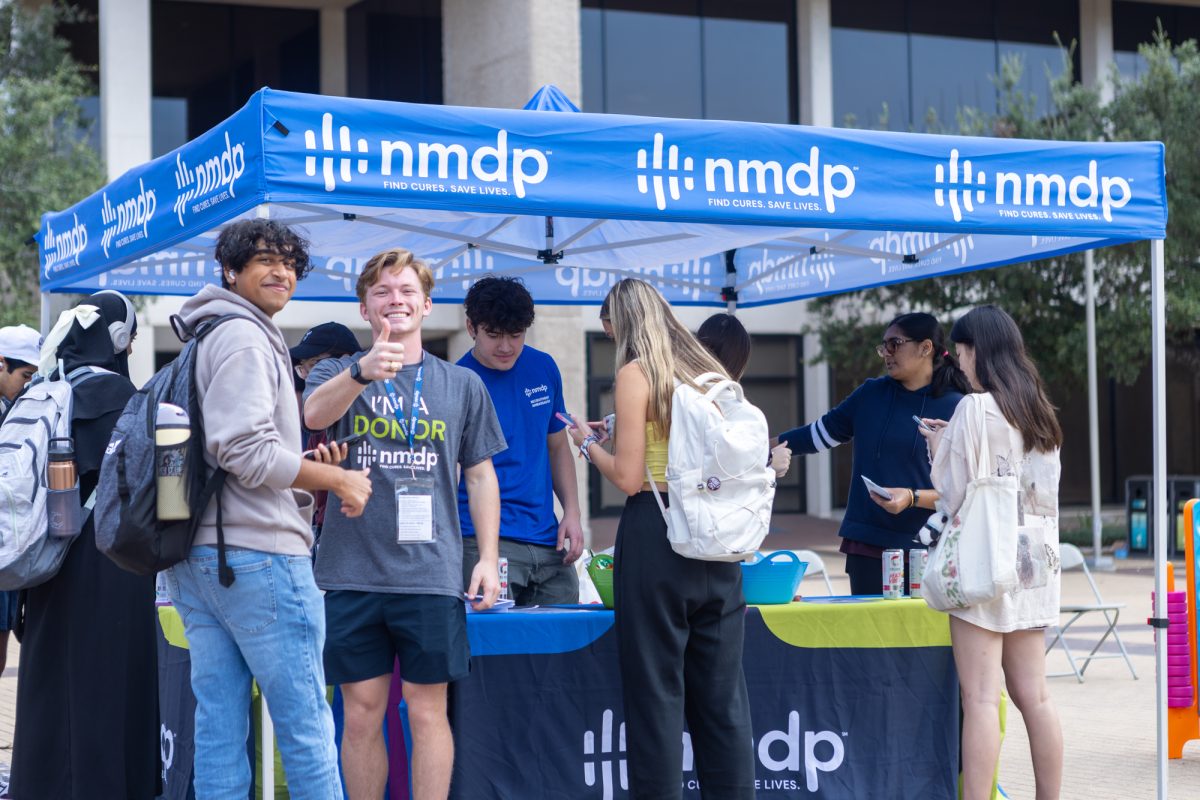
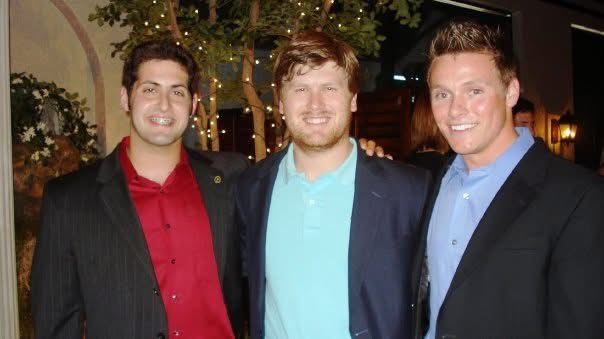
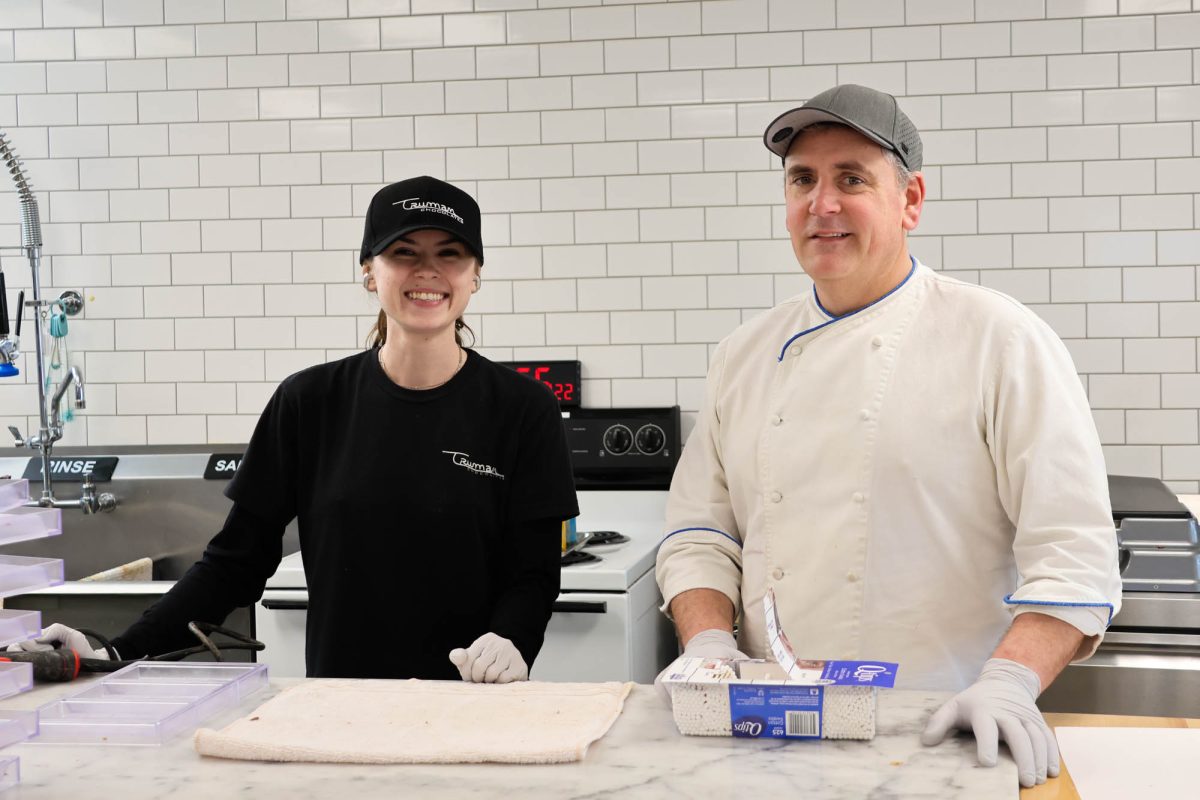
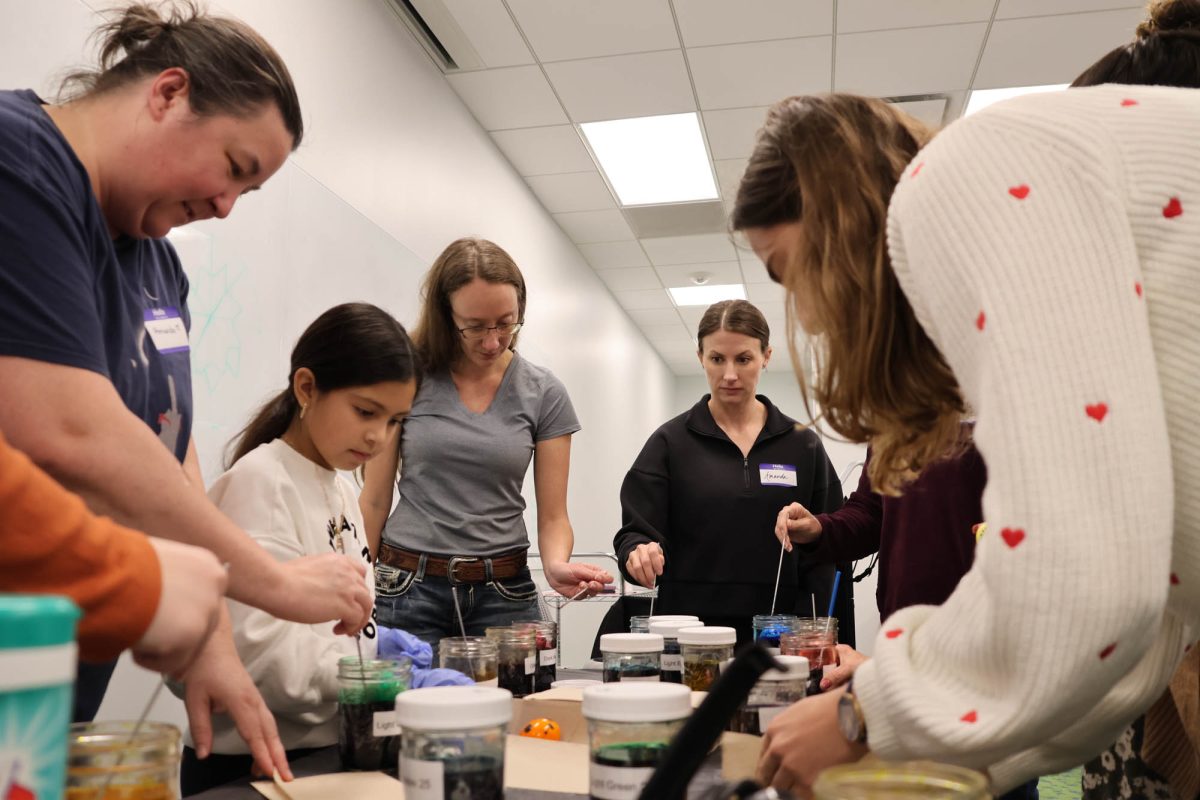
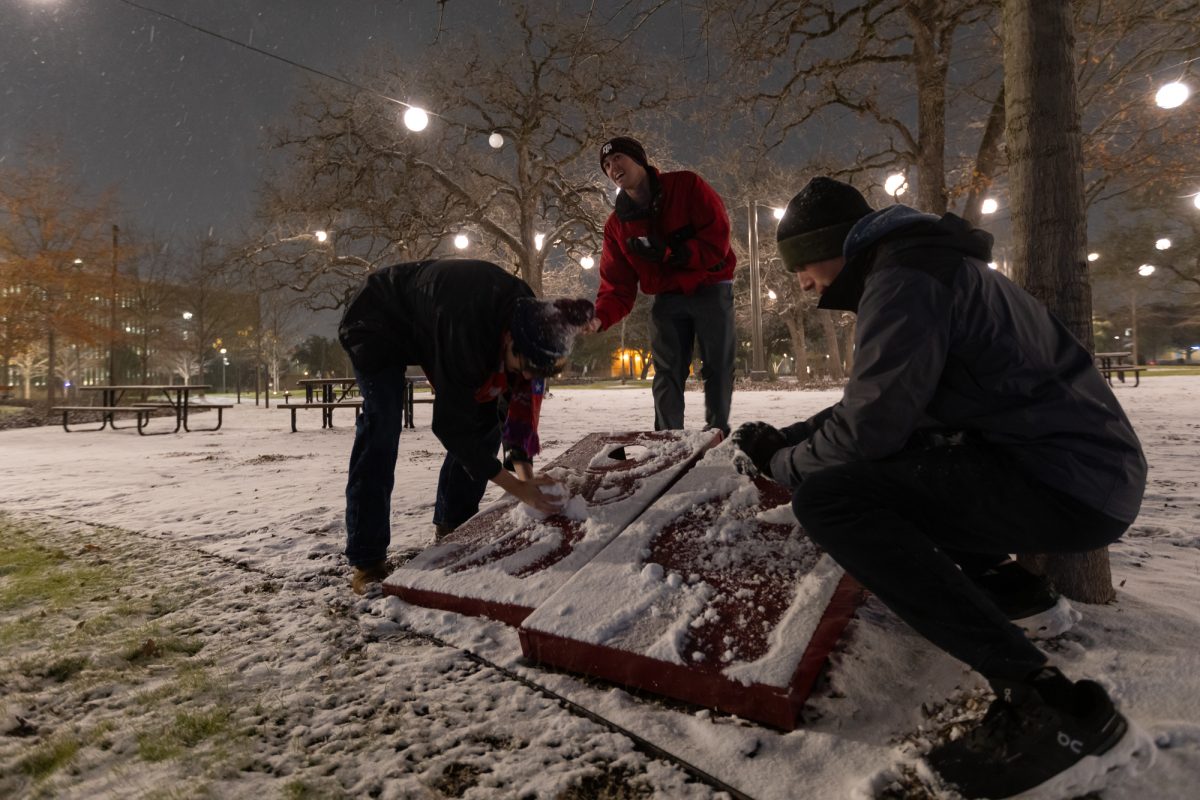
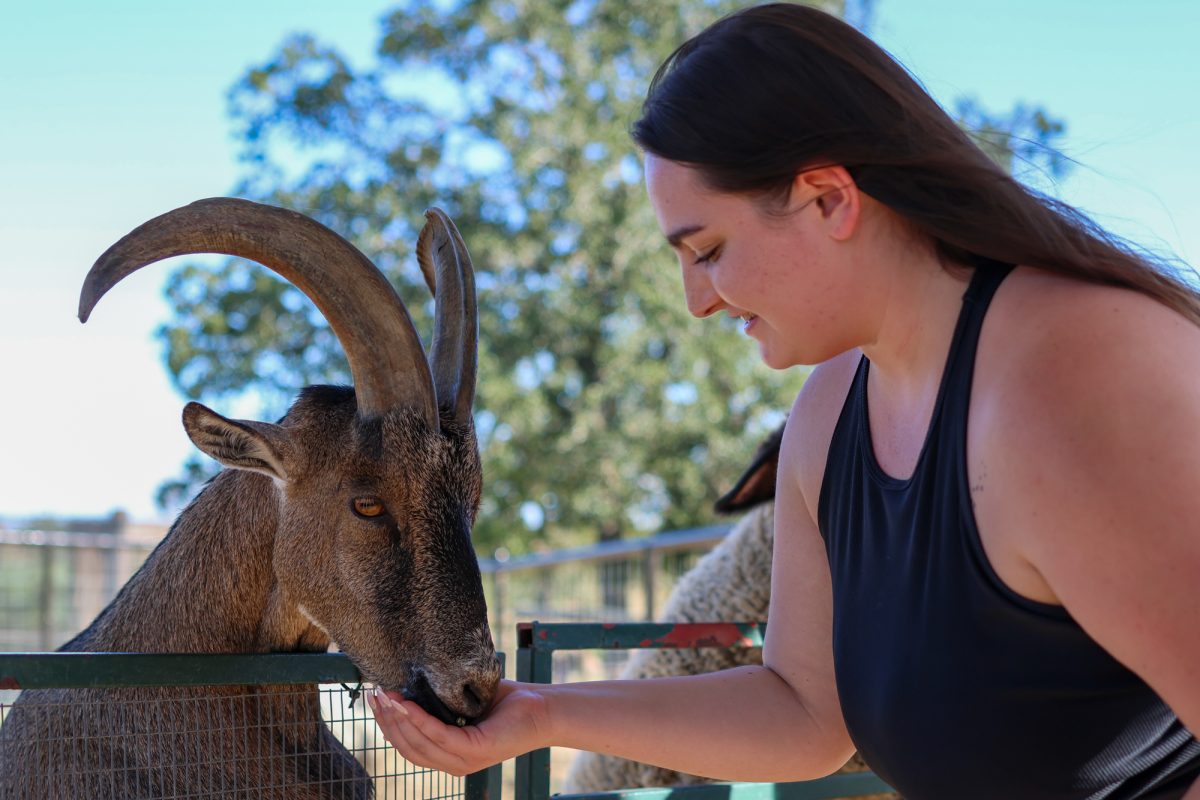
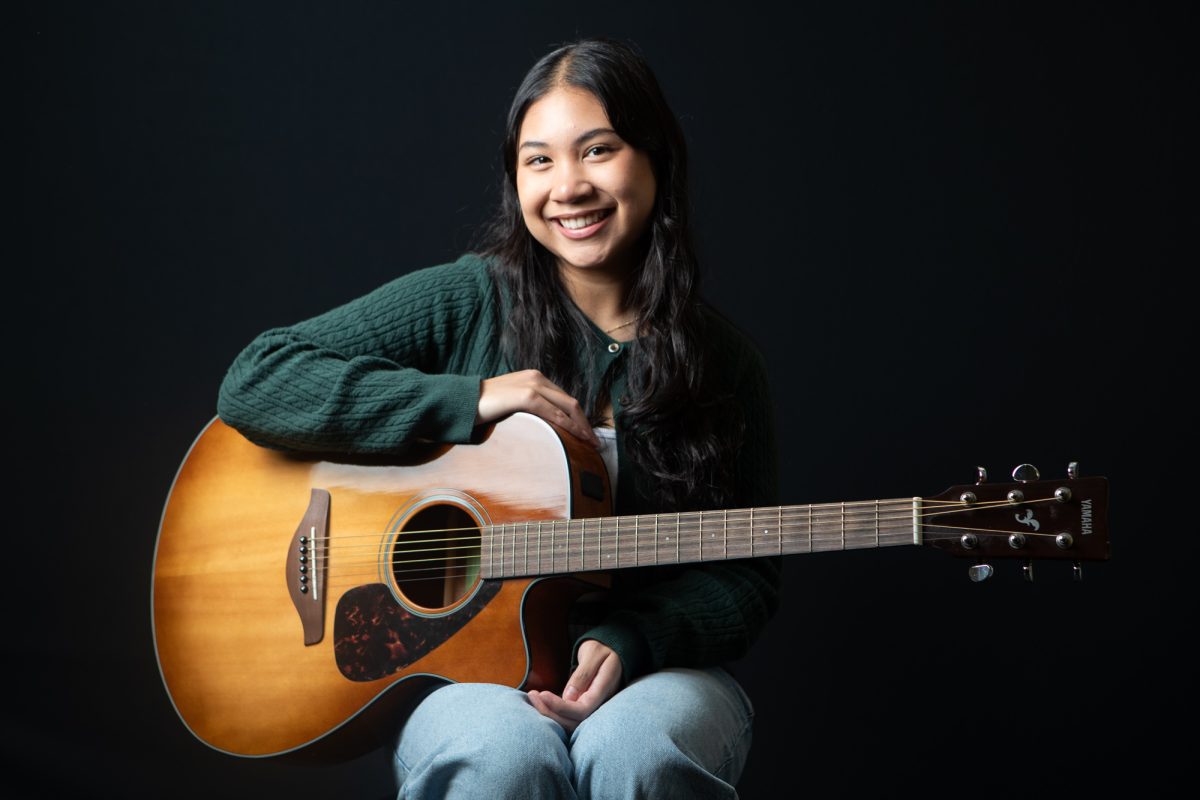
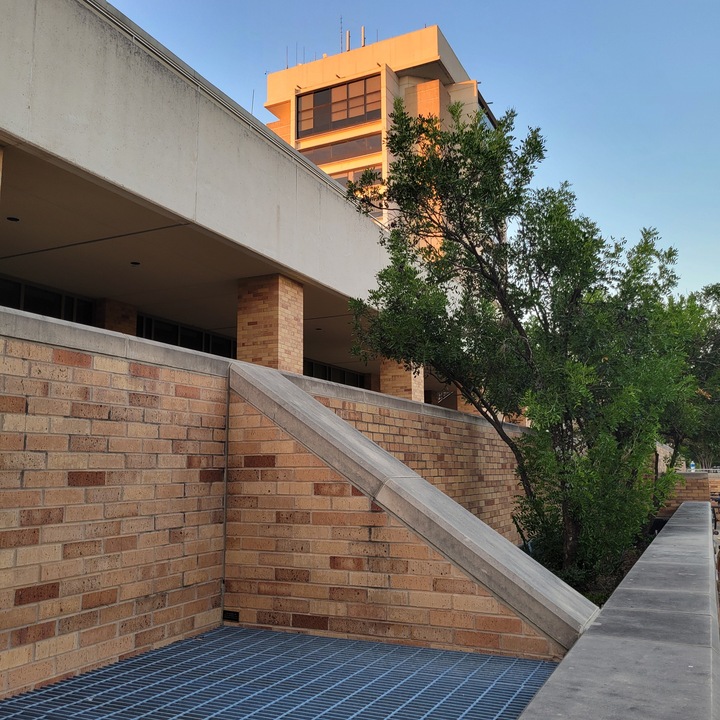
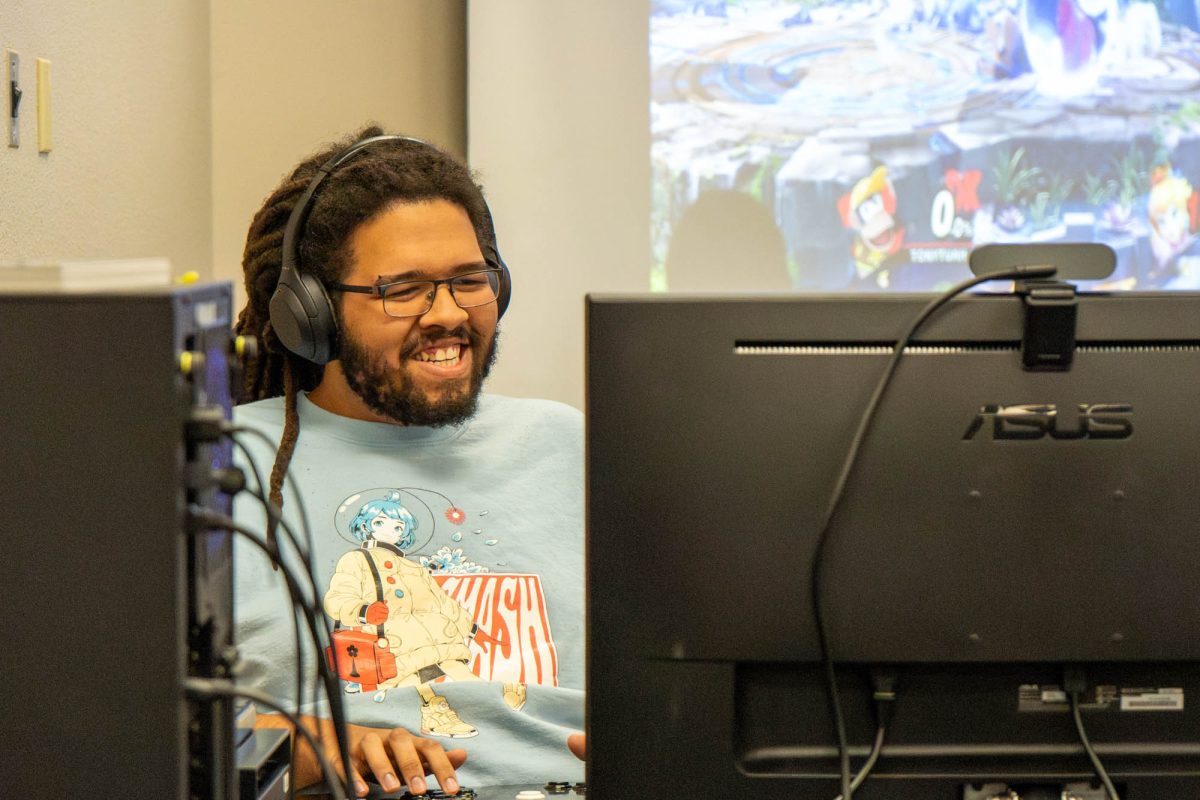

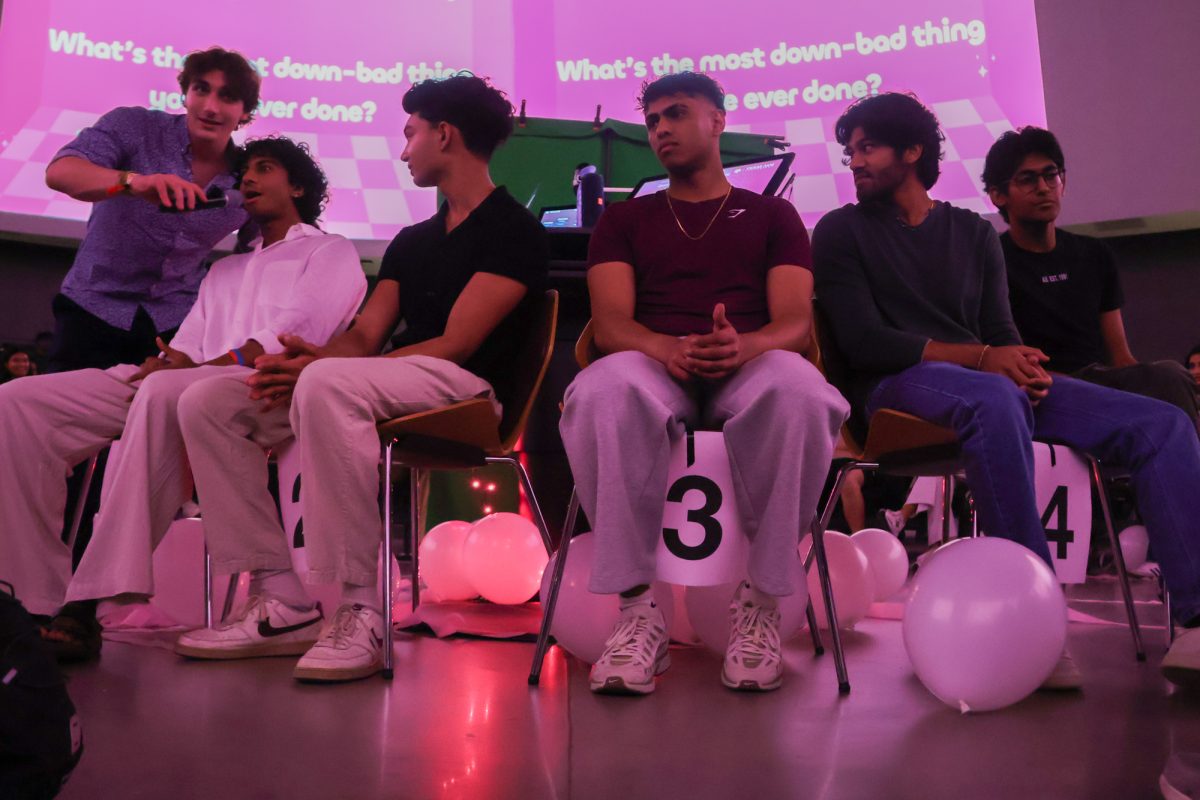
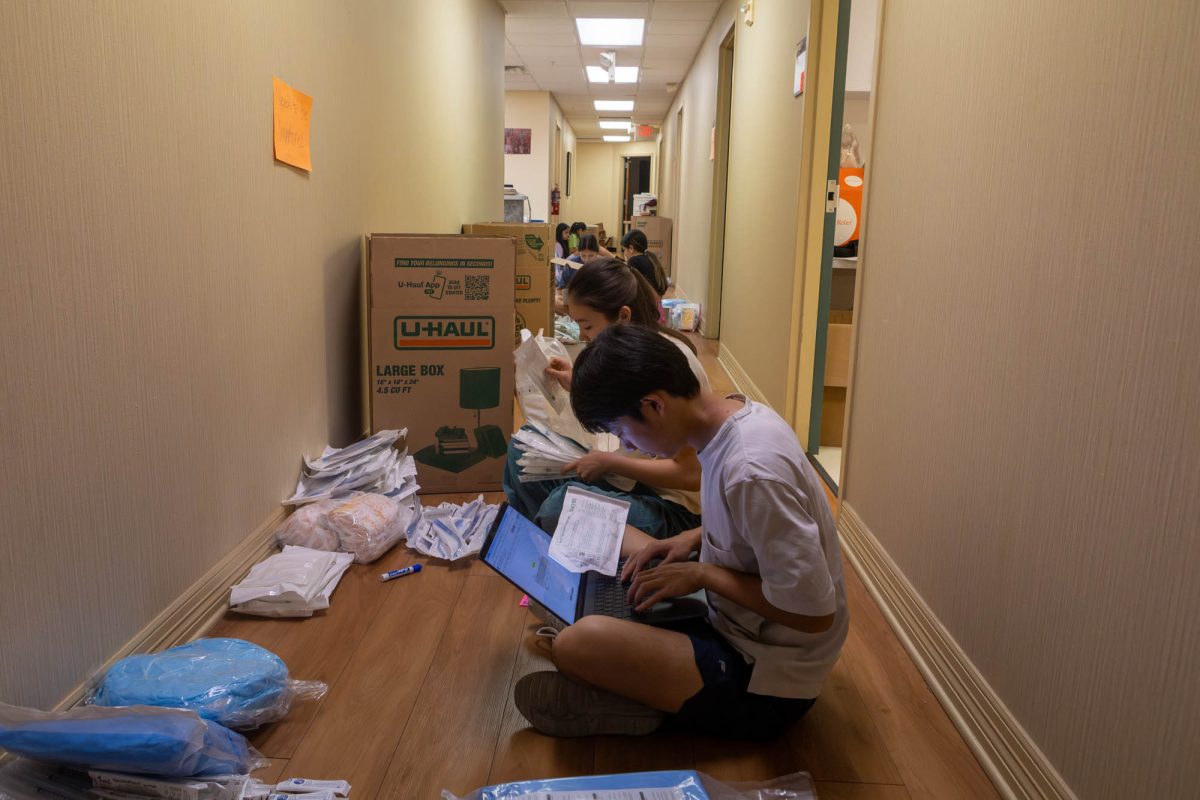
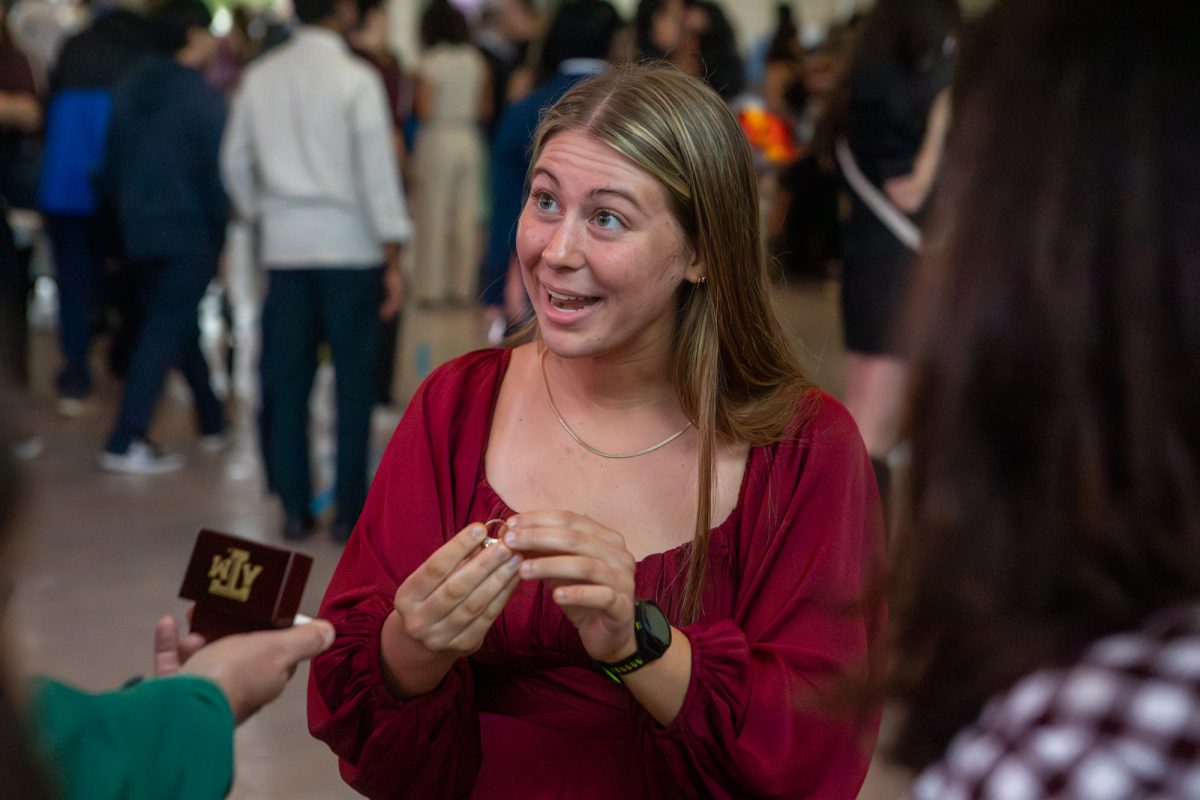
Jorge Garrett O.D. • Dec 7, 2024 at 4:04 pm
Amazing gift of life you all help provide! As a former student and father of AJ Garrett mentioned in the article, I commend and thank the student’s organization and donors of course. God bless you all and keep it growing.
J. Garrett ‘94